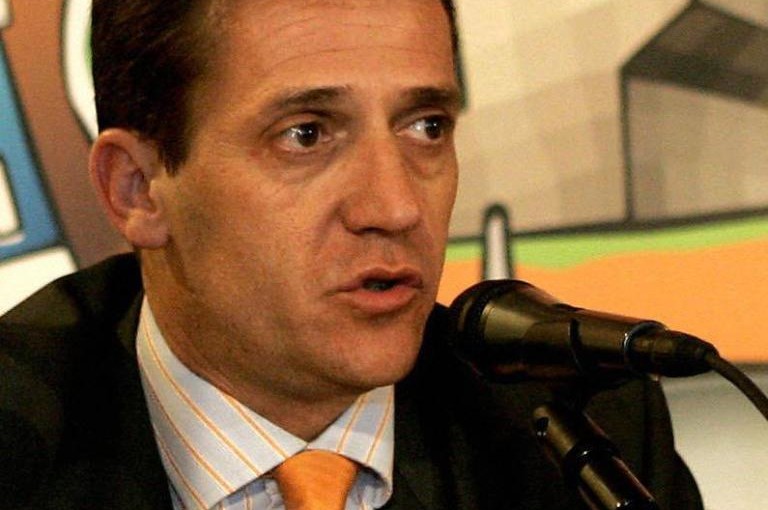By David Gold
October 8 – The European Parliament is set to put forward a motion which will pressure La Liga to introduce a collective television deal in order to tackle the dominance of Barcelona and Real Madrid in Spain’s top division.
Individual television rights deals are negotiated by Spanish clubs at present, meaning Barcelona and Real Madrid, with the largest fan bases and who can count on the support of 57 per cent of football fans in the country – according to a 2007 survey – can rake in far more revenue than any rival.
Each year the duo make approximately €120 and €140 million (£105 million-£122 million/$162 million-$189 million) from television rights, with the next highest recipient being Valencia – the last team to win La Liga in 2004 – who receive just over €40 million (£37 million/$57 million).
A new deal last year, which was still based on individual rights, was agreed by most Spanish clubs and would see the big two’s dominance reduced slightly, but would mean they still take 34 per cent of all television rights money.
Valencia and Atlético Madrid would then share 11 per cent between them, and the rest of the division the remaining 55 per cent.
Though UEFA is powerless in the matter, they are keen to help influence a new collective television deal in Spain, as was revealed by insideworldfootball last month.
Jose Maria Cruz (pictured), general manager of La Liga outfit Sevilla who have led calls for a new collective television deal, told insideworldfootball that UEFA did not want to be seen to “do nothing” and added that he was looking to European politicians to join the battle.
“I believe that it is possible that in the future we can obtain support from the European Parliament and European Commission,” he said.
“We are trying to convince European authorities to put pressure on Spanish authorities to make a regulation about this but it is not easy and takes time to convince them.
“There is an initiative being discussed in the European Parliament and I believe they will strongly recommend a system of better distribution of TV rights.”
Point nine of a draft European Parliament Culture and Education report on sport, seen by insideworldfootball, will propose a motion, which “underlines the fundamental importance of commercial exploitation of audiovisual rights for sports competitions being carried out on a centralised, exclusive and territorial basis”.
The economic importance of sport to the European Union is underlined by the fact that back in 2004 it represented some 3.7 per cent of GDP in the EU, which has grown steadily as football has increased revenues from television, and as a number of member states struggle to get to grips with huge structural deficits which currently threaten to bring down the Euro.
Though the Parliament only has the power to recommend the change, and as yet there is no guarantee it will go forward with this motion in its current form, a call for television rights to be conducted centrally will add to the pressure on La Liga and possibly the Spanish Government, who have been increasingly drawn into the arguments surrounding football finances in the country.
Just over a year ago, 27 teams from Spain’s top two divisions asked the Government to make centralised TV rights negotiations compulsory.
Last month, the government intervened to bring in a new law preventing teams from going into administration to avoid paying player wages and money owed to other creditors.
Contact the writer of this story at zib.l1745072348labto1745072348ofdlr1745072348owedi1745072348sni@d1745072348log.d1745072348ivad1745072348
Related stories
September 2011: Exclusive – Barcelona and Real Madrid will win the Champions League every year unless new television deal is agreed, warns Cruz
September 2011: Real Madrid submit record-breaking turnover
September 2011: La Liga makeweights try to reform Spanish TV deal
August 2011: Strike action by players hits La Liga fixtures

